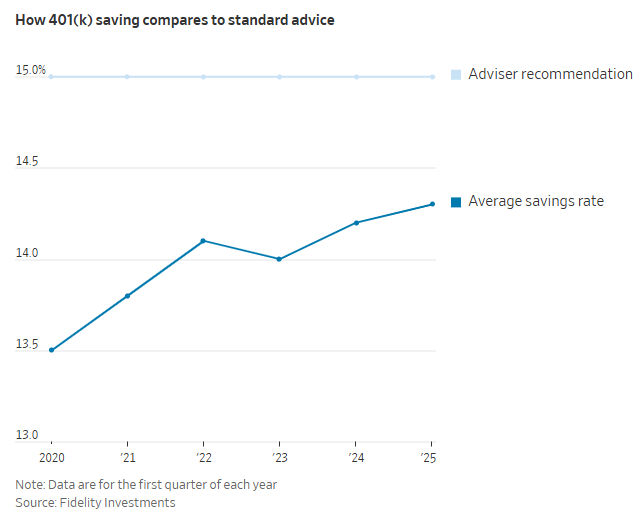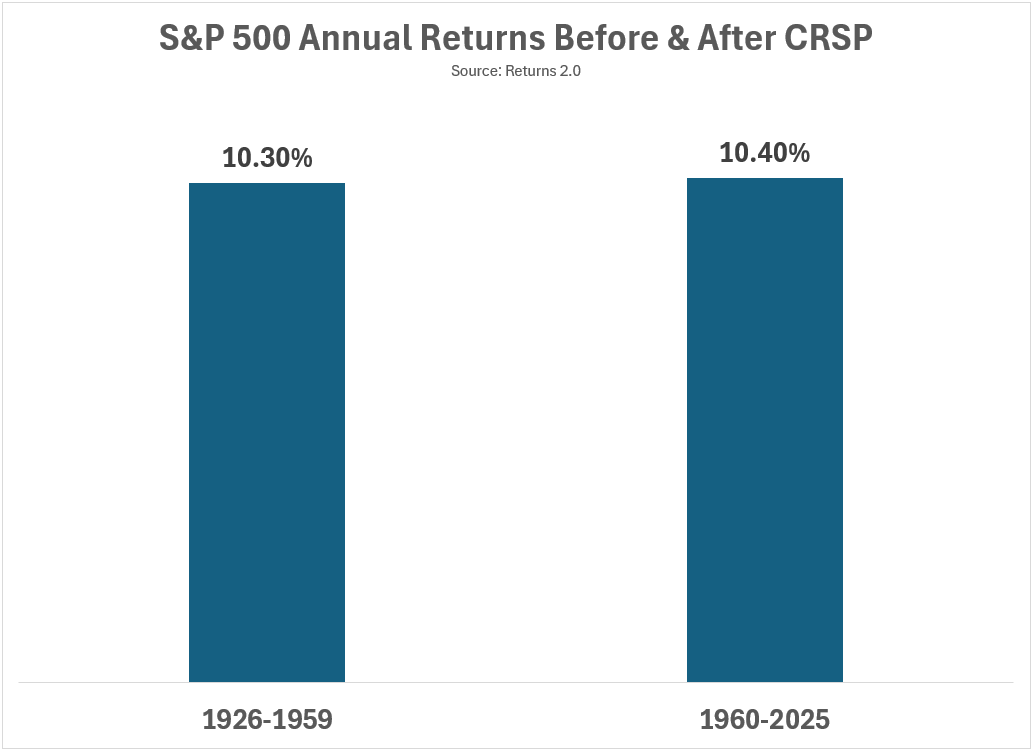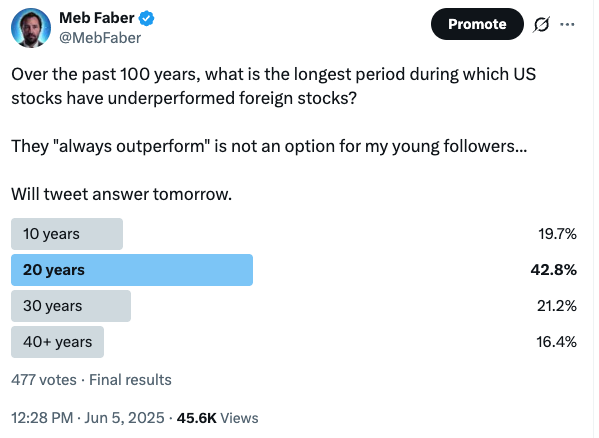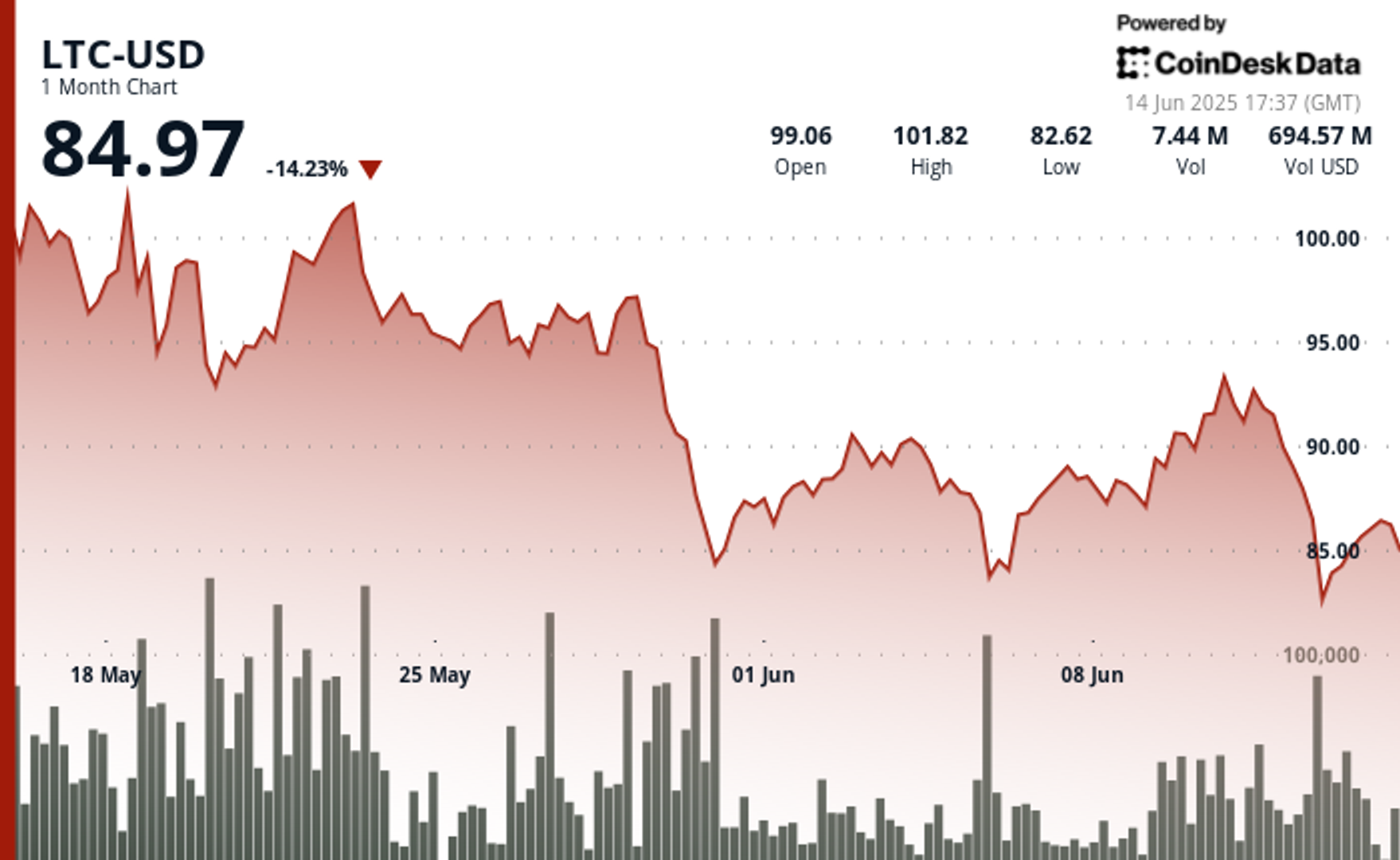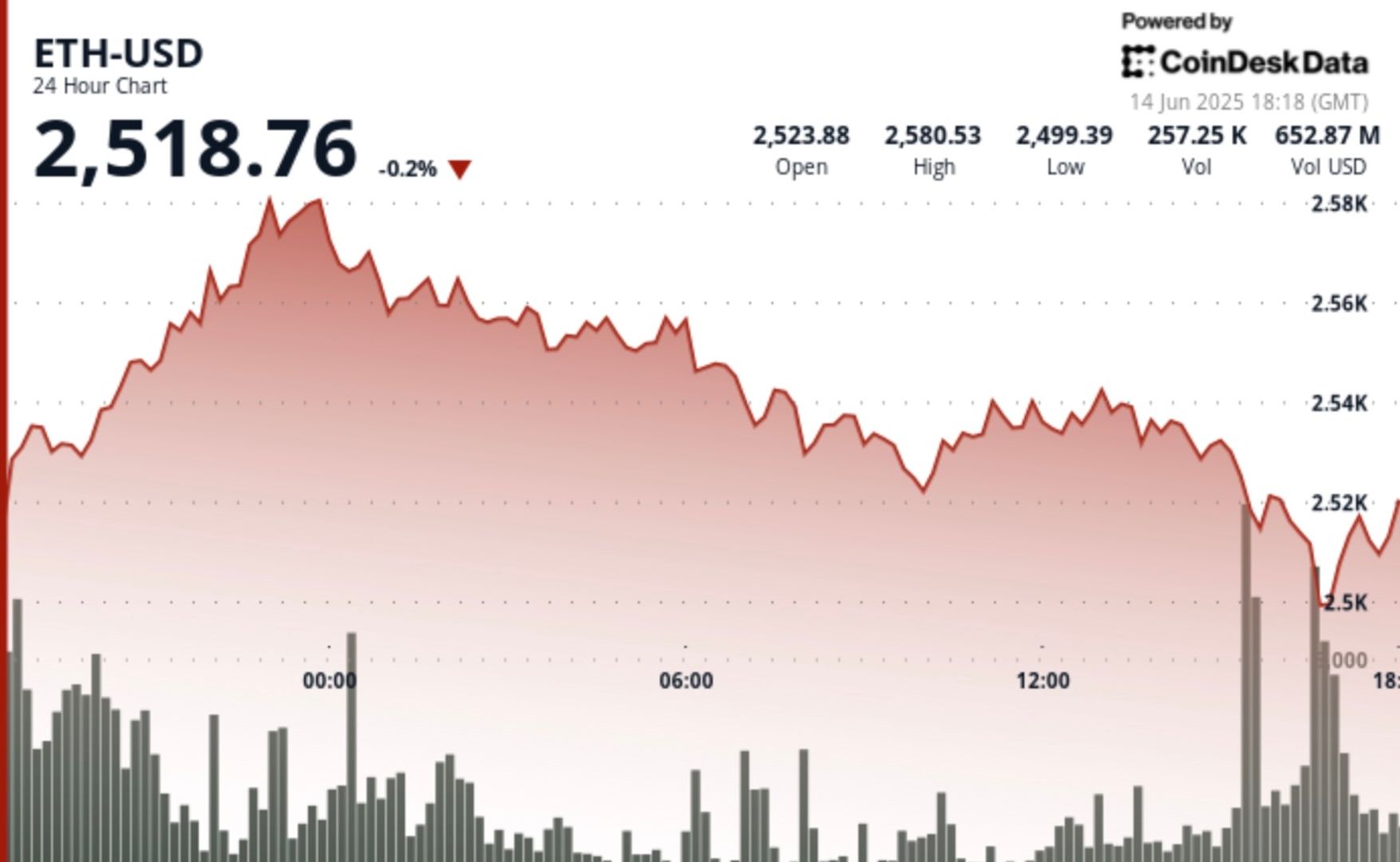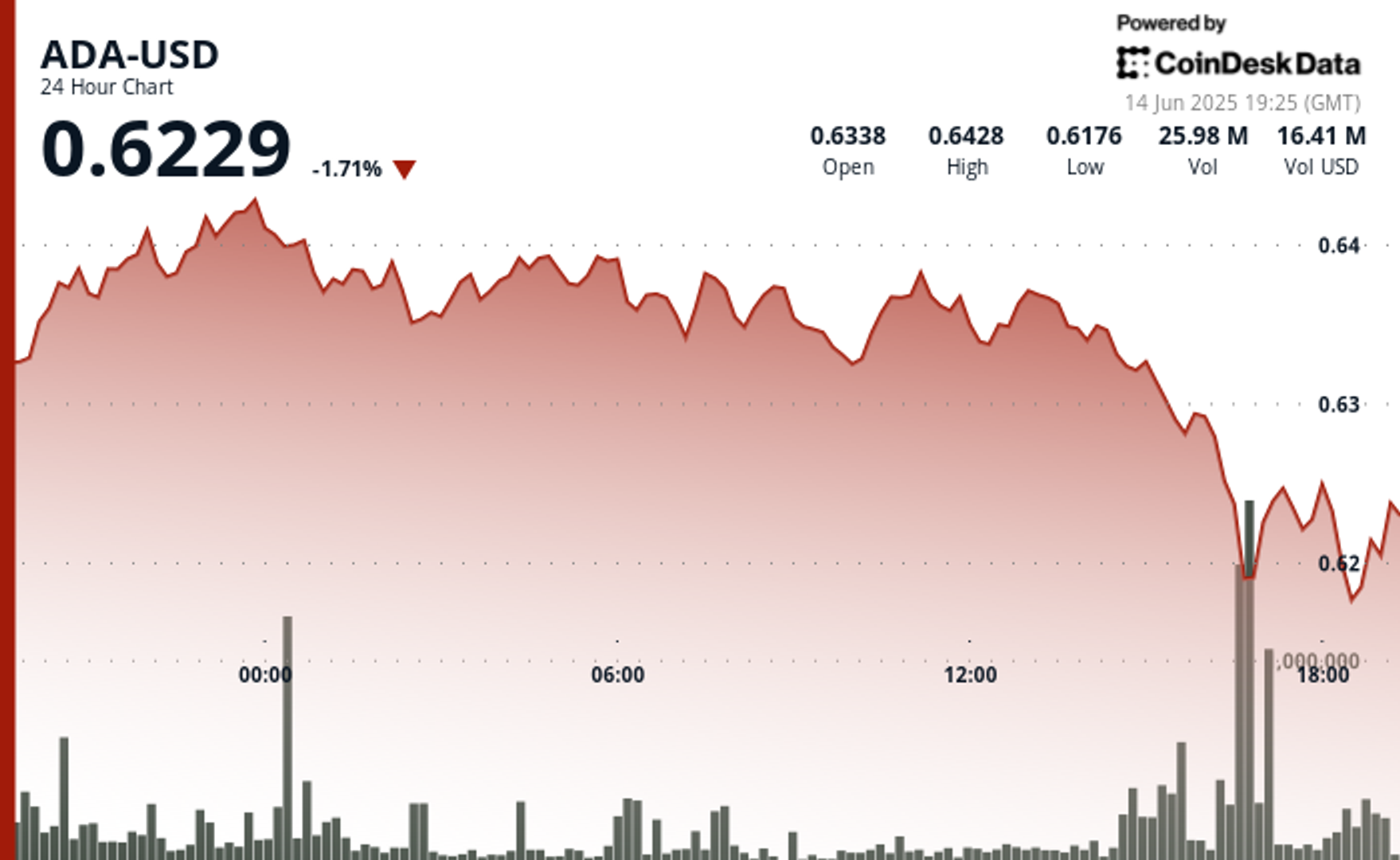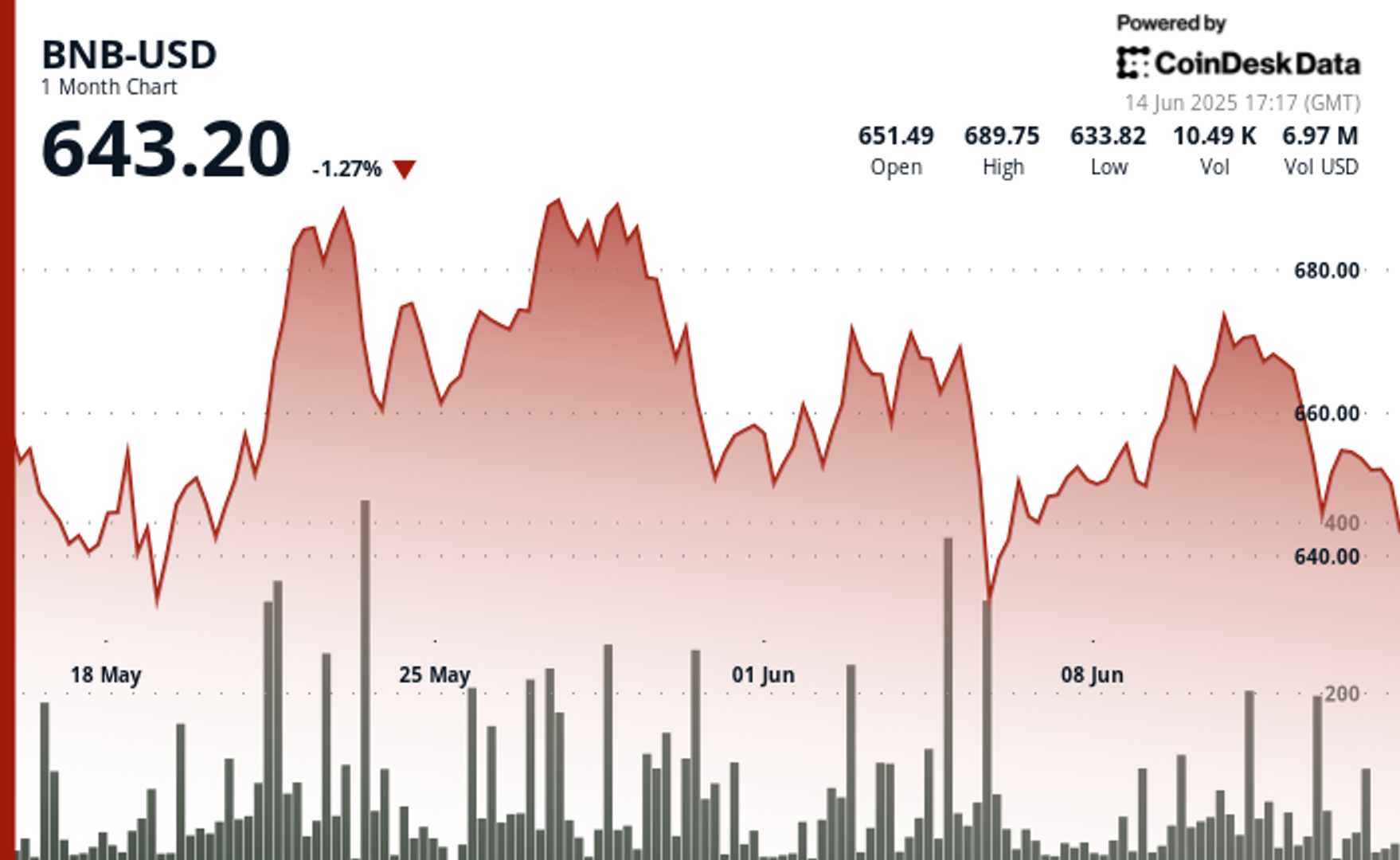U.S. data quality has been declining for years—now Trump’s cutbacks are leading economists to question its figures
More squishy data could lead to errors for businesses, investors, and even the Federal Reserve.

- A key federal agency is increasingly publishing less accurate inflation data thanks in part to a hiring freeze issued by the Trump administration in January. The Bureau of Labor Statistics, which is a part of the Labor Department, is increasingly relying on data collection methods that are less accurate than usual and has stopped tracking inflation figures in three U.S. cities
Decades of declining quality and accuracy in federal statistics, exacerbated by President Donald Trump’s cuts, have economists questioning data that inform everything from the Federal Reserve’s decisions to Social Security payments for more than 70 million Americans.
Since taking office in January, Trump has led efforts to cut down on the budgets and staff of government agencies.
The Bureau of Labor Statistics, which collects data on hiring, inflation, and other areas, has faced a hiring freeze issued by the Trump administration in January, and an unclear reduction in staff. Additionally, Trump’s proposed 2026 budget would cut funding and staff at the BLS by a further 8%, Bloomberg reported.
The hiring freeze has already forced the agency, which creates the Consumer Price Index that measures inflation, to cut back on the number of businesses where it checks prices, the Wall Street Journal reported, citing unnamed officials. In last month’s inflation report, which tracked April’s prices, the BLS said workers would no longer collect figures for three cities: Lincoln, Neb.; Provo, Utah; and Buffalo, N.Y. It also said it increasingly relied on less accurate data collection methods, or “different-cell imputation,” for the report.
The BLS collects data that inform its inflation report through field operators called enumerators, who go into brick-and-mortar stores to gather data on products and services. If the enumerators can’t find a specific product in a certain city, they record the price of a comparable product for a next-best estimate. Having fewer workers in the field means the BLS has to rely more than usual on its next best estimates.
“BLS makes reductions when current resources can no longer support the collection effort. BLS will continue to evaluate survey operations,” the BLS wrote in a statement earlier this month.
The Labor Department, BLS’ parent agency, did not respond to a request for comment.
Erica Groshen, a former BLS commissioner and current senior economics advisor at the Cornell University School of Industrial and Labor Relations, said Trump’s most recent cuts add to decades of the BLS struggling to publish accurate and detailed data despite budget cuts and political pressure. The agency’s budget is down by about 20% in real terms since 2009, she said.
“You have an institution that was already struggling a bit, and then you have this collateral damage on top of it,” Groshen told Fortune.
While the agency always strives to maintain accurate topline numbers, such as the overall CPI number, more granular data could be drastically scaled back, to the detriment of those who rely on it. Inflation and employment data the BLS publishes affect everything from Social Security payments, to business decisions, and the availability of unemployment insurance benefits, she said.
“Social Security benefits are indexed to the current CPI,” Groshen told Fortune. “If the BLS makes a tenth-of-a-percentage-point mistake in the CPI, then Social Security beneficiaries will be overpaid or underpaid by a billion dollars.”
The ramifications of increasingly less accurate data could also be substantial for the Fed, wrote UBS Global Wealth Management chief economist Paul Donovan in a note. Although the central bank prefers to rely on the personal consumption expenditures index, it also monitors CPI and some employment numbers published by the BLS.
“Less understanding of US inflation increases the chances of the Federal Reserve making a policy error (especially with the mantra of ‘data dependency’),” wrote Donovan.
Overall, Groshen said the BLS will likely continue to reduce the scope of its operations in order to maintain the quality of headline numbers such as CPI, yet this comes with a cost. The granularity of some statistics as well as programs that are useful for understanding causes and consequences of changes may be sacrificed.
“This is a choice that we as a country are making to fly blind, or to fly more blindly,” ” she said. “We could have a clearer windshield, but we are allowing it to be clouded.”
This story was originally featured on Fortune.com































































